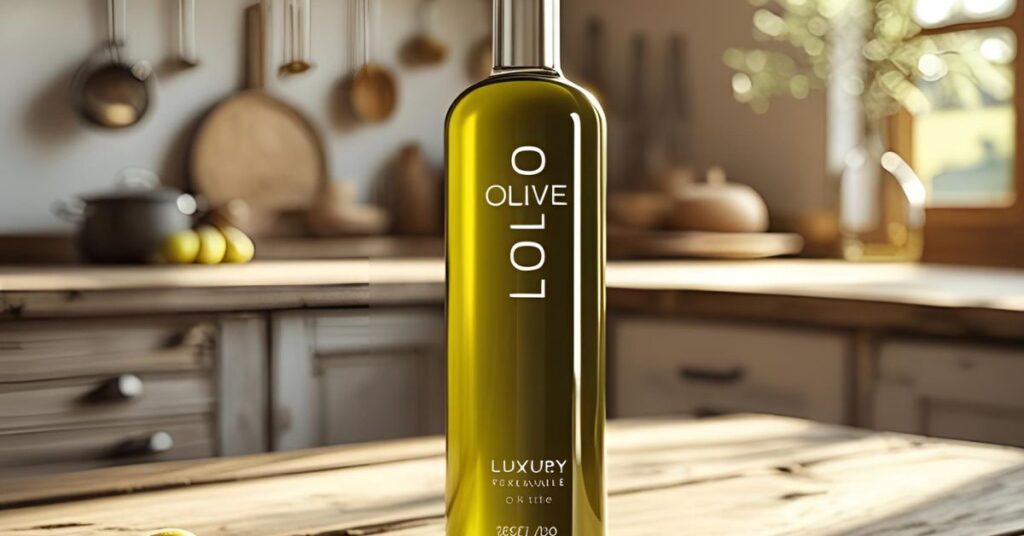
How Small Producers Compete with Big Brands

The Business of Olive Oil: How Small Producers Compete with Big Brands
In supermarket aisles around the world, gleaming bottles of extra virgin olive oil promise purity, heritage, and taste. Yet behind the labels lies a complex, often uneven playing field between small, artisanal producers and multinational brands. Despite the odds, small olive oil producers are carving out a market niche by emphasizing quality, transparency, and connection. Here’s how they’re doing it—and why it matters.
The Olive Oil Industry: A Giant in Disguise
Globally, the olive oil market is worth over $14 billion, dominated by massive producers in Spain, Italy, and Greece. Supermarket shelves are typically stacked with brands that produce tens of millions of liters annually. These big players benefit from:
- Economies of scale
- Global distribution networks
- Aggressive marketing budgets
- Blends that prioritize shelf life over flavor
For small producers—who may only produce a few thousand liters a year—the pressure is immense. So how do they survive?
1. Quality Over Quantity
While industrial producers often use mechanical harvesters and may store olives for days before pressing, small farms prioritize freshness E low-acidity oils—two key indicators of extra virgin quality. Many hand-harvest, cold-press, and bottle within 24 hours. The result?
An oil that’s vibrant, nuanced, and rich in polyphenols.
Artisan brands market these differences by:
- Offering harvest dates on bottles
- Providing lab analysis certificates
- Highlighting single-estate or monocultivar origins
2. Storytelling & Transparency
Small producers often have something the big brands don’t: a story. From family traditions passed down generations to organic cultivation in remote villages, these narratives resonate with consumers hungry for authenticity.
Through beautiful packaging, social media, and behind-the-scenes videos, producers let buyers walk the grove, meet the farmers, and understand the process. That connection builds trust.
3. Direct-to-Consumer Sales
Rather than rely on traditional distribution, many small brands go direct-to-consumer through:
- E-commerce websites
- Subscription boxes
- Farmers’ markets and culinary events
This cuts out middlemen and keeps more profit in the hands of the farmer, while enabling better control over pricing and messaging.
4. Sustainable and Ethical Practices
Many small producers are leaning into regenerative farming, zero-waste production, and biodiversity protection—key differentiators in a climate-conscious market. Certifications like organic, biodynamic, or fair trade help them stand out and attract a premium audience.
Consumers are increasingly willing to pay more for olive oil that doesn’t just taste good, but also does good.
5. Niche Specialization
Big brands can’t be everything to everyone—but small producers can focus. Some ways they carve out niches:
- Single-origin oils from heirloom varietals
- Flavored or infused oils using local ingredients
- Kosher, vegan, or allergen-friendly options
- Ultra-premium oils for chefs and foodies
This strategy often creates brand evangelists—customers who appreciate the uniqueness and keep coming back.
The Challenges Still Remain
Despite their innovation, small producers face significant hurdles:
- High production and certification costs
- Fake olive oil and misleading labels that flood the market
- Consumer misconceptions about what good olive oil should taste like
However, growing awareness around food fraud and health is pushing more consumers to question what’s in their bottle—and to seek out trusted sources.
Why This Matters to You
When you choose a bottle of olive oil, you’re voting with your dollar. Supporting small producers doesn’t just mean better flavor—it means supporting:
- Transparent, ethical food systems
- Independent agriculture
- Cultural heritage and biodiversity
So next time you shop for olive oil, ask: Who made this? When was it harvested? Where was it pressed?
You might discover a whole new world of flavor—and a farmer whose dream you helped sustain.